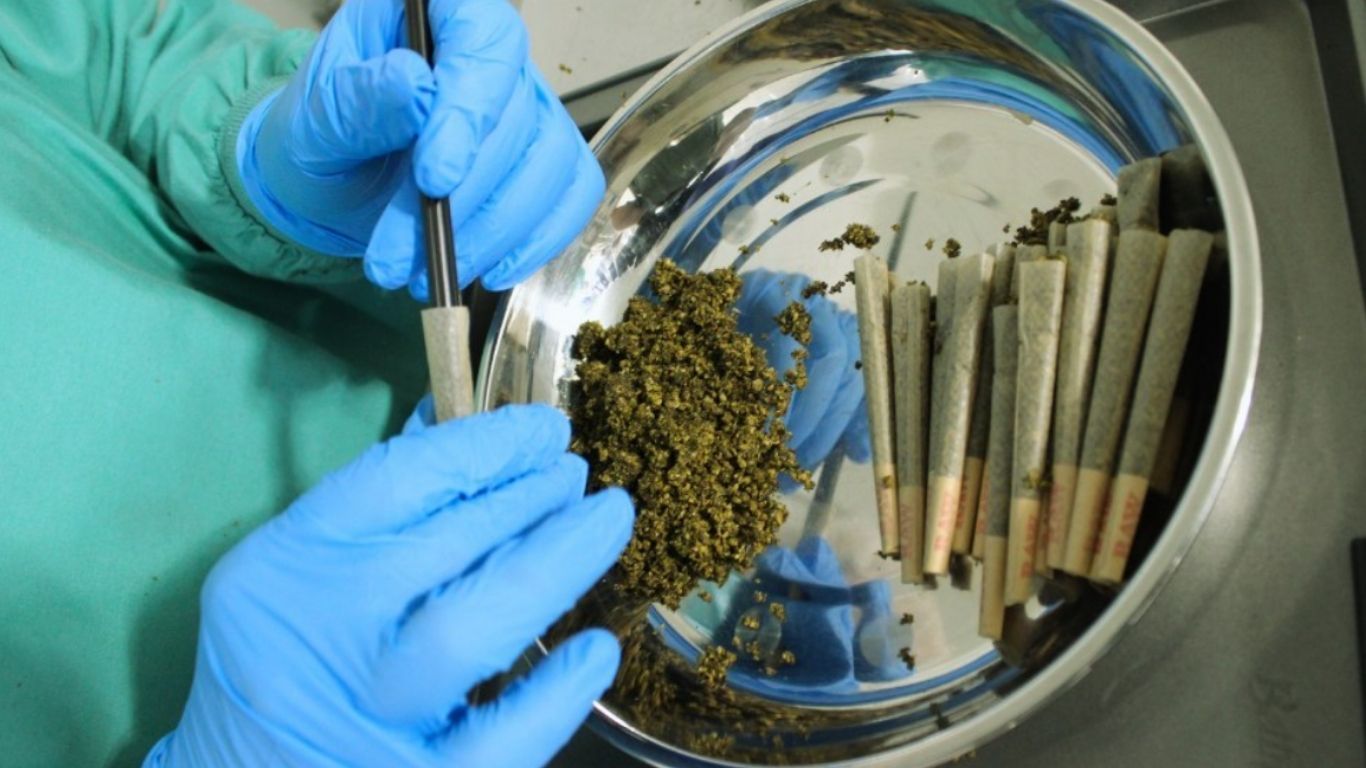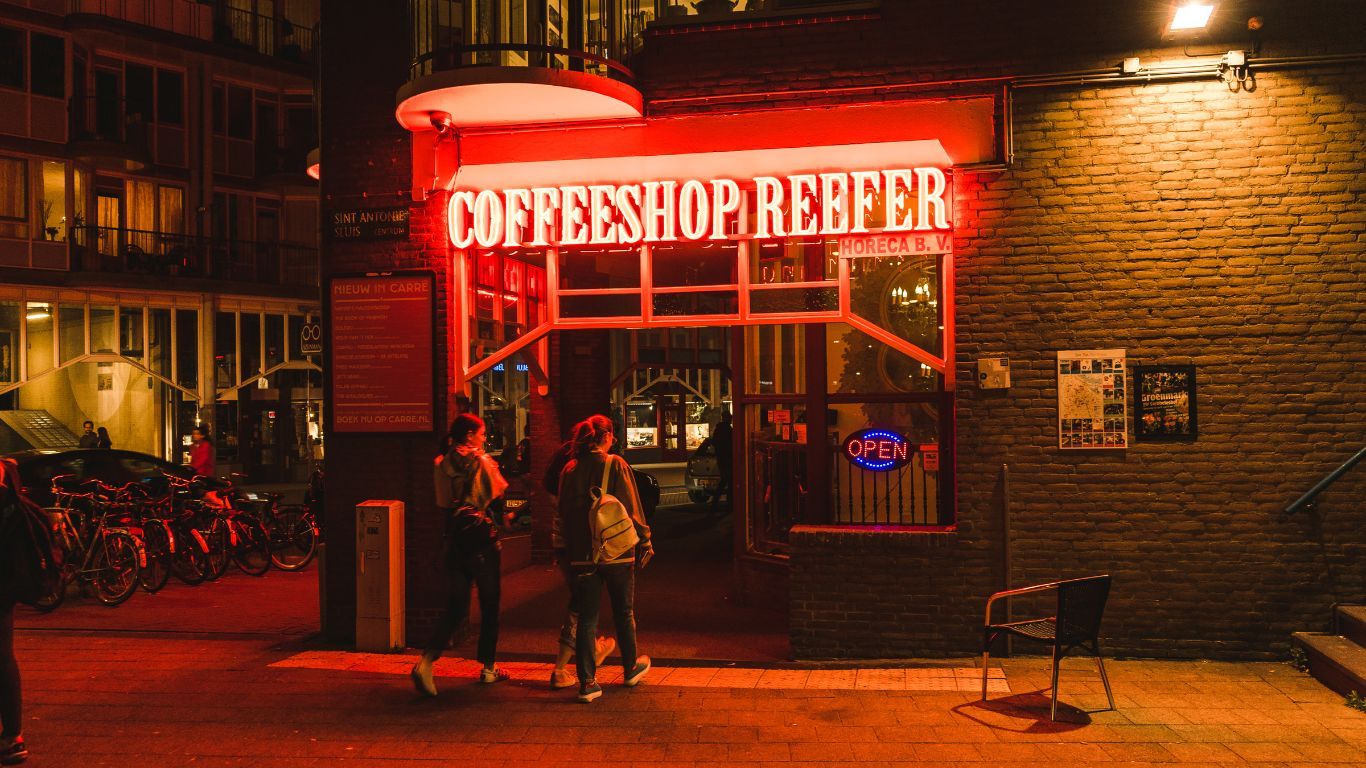
Peter McKay, recent failed candidate for leadership of the Conservative Party of Canada continues to try and make cannabis legalization a wedge issue, two years after his party opposed it at every turn.
In a recent Tweet, the former MP claimed that legalization in Canada has not gone well, leading to a “flourishing” black market, supposed negative impacts on mental health such as increased addiction, and slipping national productivity.
These claims are, of course, entirely made up.
For one, the black market is not “flourishing” in Canada in the wake of cannabis legalization. In fact, if anything, it’s given police greater enforcement tools to target the illicit market.
For example, Canada went from a peak of several hundred illicit dispensaries prior to legalization to a relative handful today, replaced with hundreds of legal stores (many of them transitioned illicit retailers). And large scale raids of illicit operators have become even more common, post-legalization, as police have emphasized record-setting busts in the past few years across the country. While the previous medical-only system left a “grey area” of ambiguity that police historically said made enforcement more difficult, Canada’s Cannabis Act has set a much more clear line between legal and illegal growers and sellers.
In addition, Canadians who choose to consume cannabis can now—for the first time in their lives—buy cannabis from the legal market. According to Statistics Canada, this is taking about half of the market share away from the illicit market in just two years. And despite repeated concerns from Conservative critics, legalization has actually led to a small decrease in youth use of cannabis, not an increase.
Claims of increased mental health issues due to legalization, or supposed slips in “productivity” are even murkier, as no such metrics even exist. No studies to date have shown an increase or decrease in either of these categories in the context of cannabis use and legalization, especially given that Canada is only about two years into the historic change. Such research would take far longer to collect anything resembling useful data points. This kind of research would require several more years of research to draw any useful conclusion, especially given the need to account for other factors like the recent global pandemic that is both causing historic levels unemployment, as well as increasing mental health issues in the public.
This is nothing new for the Conservatives in Canada, though. The party opposed legalization throughout the debate over the legislation through the House and Senate in 2018. All but one party member voted against the bill, and he was punished by the party for doing so.
When MacKay was running for party leadership he did say that while he wouldn’t seek to repeal legalization, he made the same claims about the black market “flourishing” and legalization causing national mental health issues while offering no supporting evidence for those claims.
MacKay himself hadn’t said much about cannabis during the legalization debate under Bill C-45, but had opposed previous attempts by the government to decriminalize cannabis in 2001, in 2004, as well as in 2005 and said he supported prison sentences for cannabis production and ‘tightening our laws’ in Canada.
Interestingly, in 1999 he criticized the government for not moving more quickly to provide legal medical cannabis to those authorized for its use under very limited circumstances.
When the cannabis legalization bill was being debated in Parliament in 2018, Conservatives made numerous dire predictions of the sky falling if cannabis was legalized, from claiming kids would be using toasters to smoke their parents home grown weed and cannabis would be sold in corner stores across the country sometimes even in the form of reciting stupid poems, to fears it would get Canada kicked out of the UN or of the Five Eyes intelligence sharing community. None of those claims have come true.
In addition, while they say they don’t want to repeal legalization, some party members have said they will seek to remove home growing rights and dismantle the medical cannabis program entirely, while also favouring larger producers over small scale ones.
What’s curious is why they continue to try and make cannabis legalization a wedge issue. Although support for legalization has somewhat declined from an all time high of nearly seventy per cent in 2017 to about fifty percent in 2019, those opposed are only about thirty percent.
Perhaps not unrelated, though, is that support for the Conservative Party in Canada has remained at about thirty percent of the electorate for several elections now. Which would seem to imply that the Conservatives continue to simply use the issue as red meat for their often very rural, social conservative base who cling to these old drug war narratives.
For example, Leslyn Lewis a social conservative who was running for party leadership earlier this year said she was opposed to legalization and would “consider” turning back legalization, citing concerns with the developing brain
So while the stance may alienate some younger or more moderate voters, the party would seem to feel it’s not a huge cost to pay given their base’s apparently decidedly anti-cannabis perspectives. While those Conservatives who do support legalization likely turn a blind eye to the issue in light of what they perhaps see as more important issues.

































